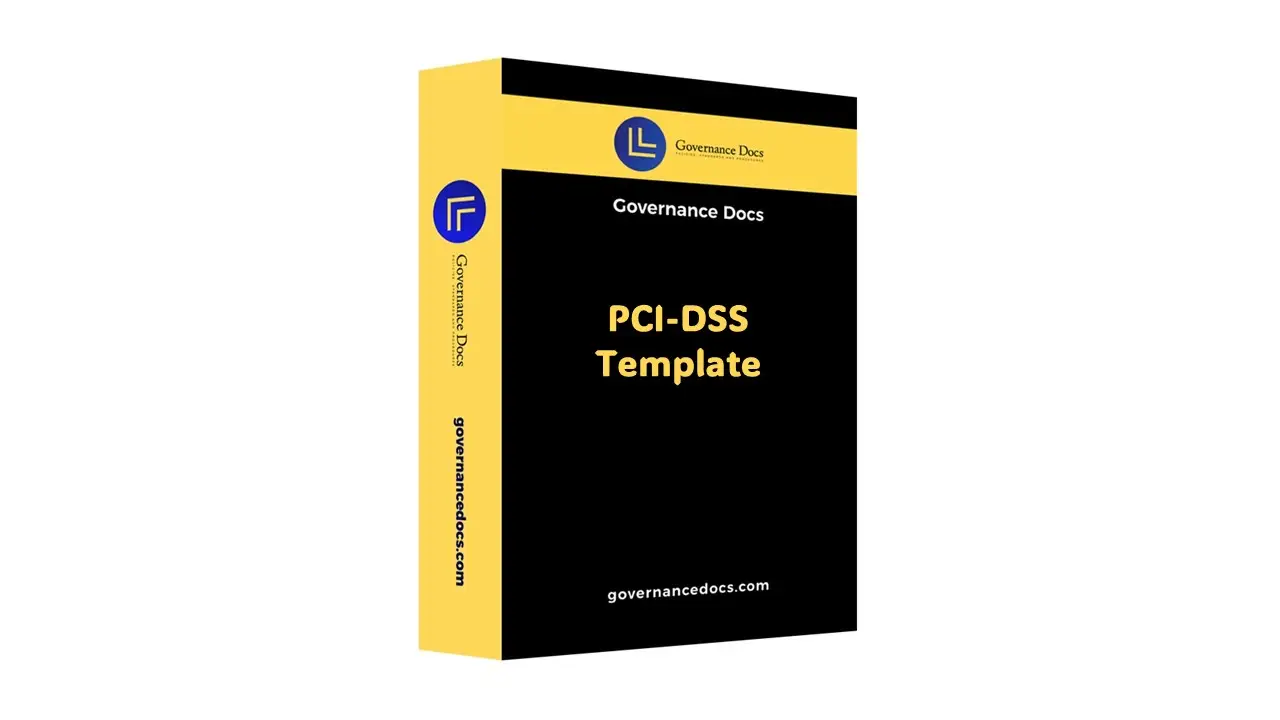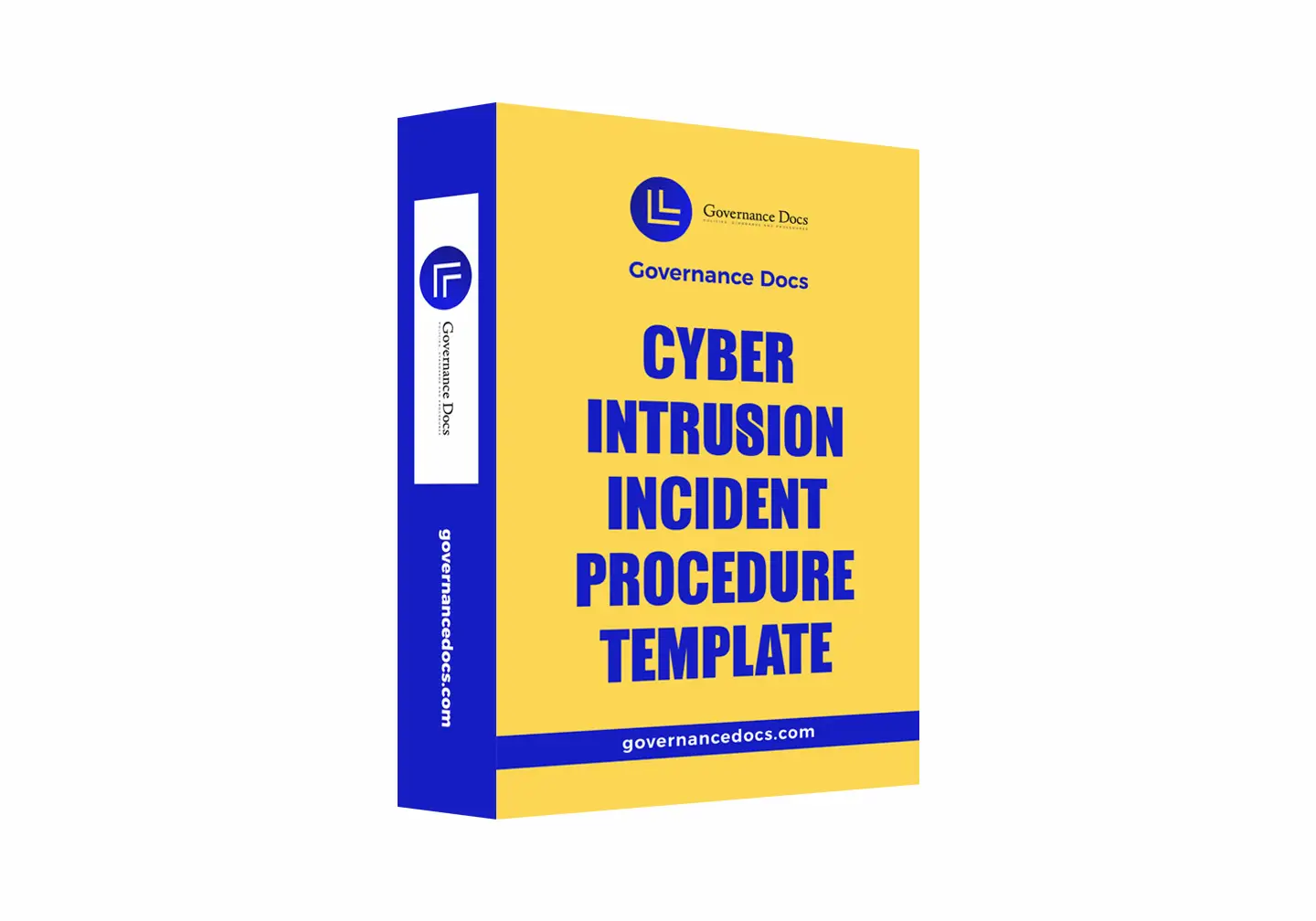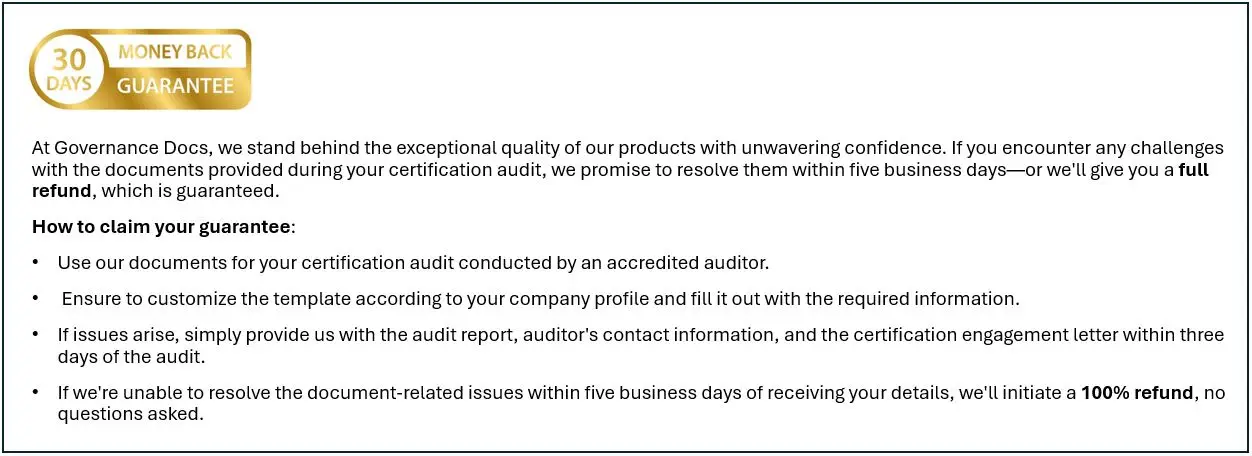Bring Your Own Device (BYOD) Policy
In the rapidly evolving landscape of information technology, the Bring Your Own Device (BYOD) Policy emerges as a beacon of innovation and security, seamlessly integrating personal devices into the professional realm. This policy is not just a set of guidelines; it is a transformative approach to managing and securing personal devices within cardholder data environments, ensuring that the delicate balance between accessibility and security is maintained.
At its core, the BYOD Policy is designed to address the complexities of modern work environments where employees increasingly rely on their personal devices for professional tasks. The policy is meticulously crafted to align with the stringent requirements of PCI-DSS, a critical standard in the realm of Information Security. By doing so, it ensures that all personal devices accessing cardholder data environments adhere to the highest security protocols, safeguarding sensitive information from potential breaches.
One of the key features of the BYOD Policy is its comprehensive framework for device management. It provides a robust structure for monitoring and controlling access to sensitive data, ensuring that only authorized devices and users can interact with critical systems. This is achieved through advanced authentication mechanisms and encryption protocols that protect data both in transit and at rest. The policy also outlines clear procedures for device registration, ensuring that every device is accounted for and compliant with security standards.
The benefits of implementing a BYOD Policy are manifold. For organizations, it translates into significant cost savings as employees use their own devices, reducing the need for company-provided hardware. This not only cuts down on expenses but also enhances employee satisfaction and productivity, as individuals are more comfortable and efficient using their personal devices. Moreover, the policy fosters a culture of flexibility and mobility, allowing employees to work from anywhere, thus driving innovation and collaboration.
From a security standpoint, the BYOD Policy is invaluable. It mitigates the risks associated with personal device usage by enforcing strict security measures and regular audits. This proactive approach to security ensures that any vulnerabilities are swiftly identified and addressed, maintaining the integrity of the cardholder data environment. Additionally, the policy includes provisions for incident response, ensuring that any security breaches are promptly managed to minimize impact.
The value proposition of the BYOD Policy is clear: it empowers organizations to embrace the future of work while maintaining the highest standards of security and compliance. By integrating personal devices into the corporate ecosystem, businesses can unlock new levels of efficiency and innovation without compromising on data protection. This policy is not just a necessity in today’s digital age; it is a strategic advantage that positions organizations at the forefront of technological advancement.
In conclusion, the Bring Your Own Device (BYOD) Policy is a comprehensive solution that addresses the challenges of modern work environments. It offers a secure, efficient, and flexible approach to managing personal devices in cardholder data environments, ensuring compliance with PCI-DSS standards. As organizations continue to navigate the complexities of information security, the BYOD Policy stands as a testament to the power of innovation and strategic foresight.
All GovernanaceDocs documents are developed based on well-known standards such as NIST CSF, ISO 27001, ISO 22301, PCI-DSS and HIPAA.
Hence, You just need to download and selected document and add your company name and logo.










Reviews
There are no reviews yet